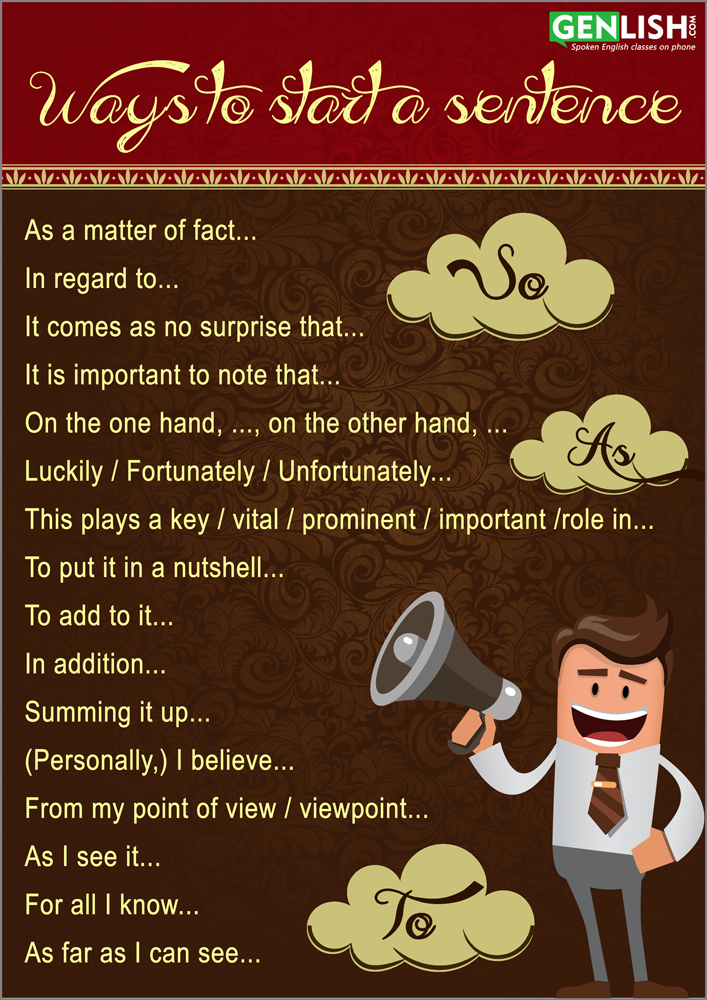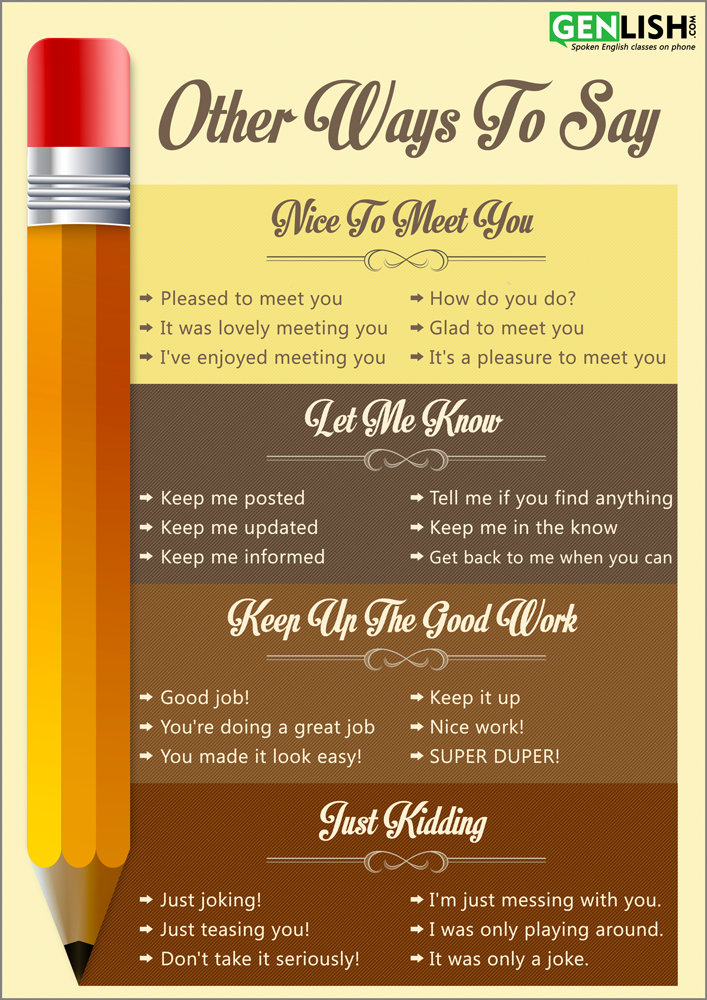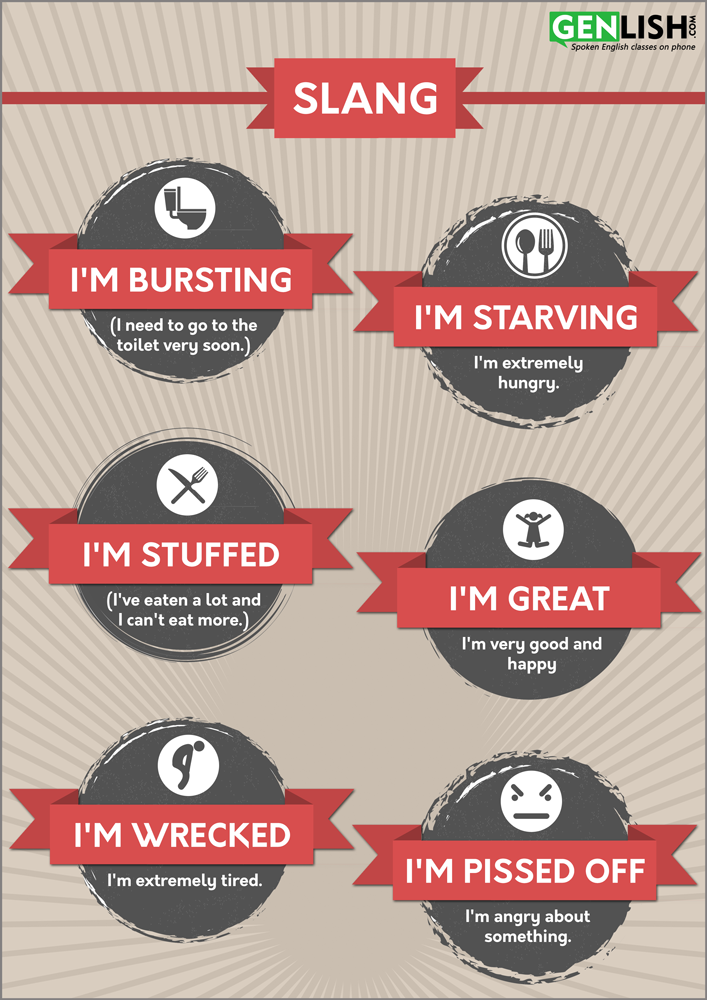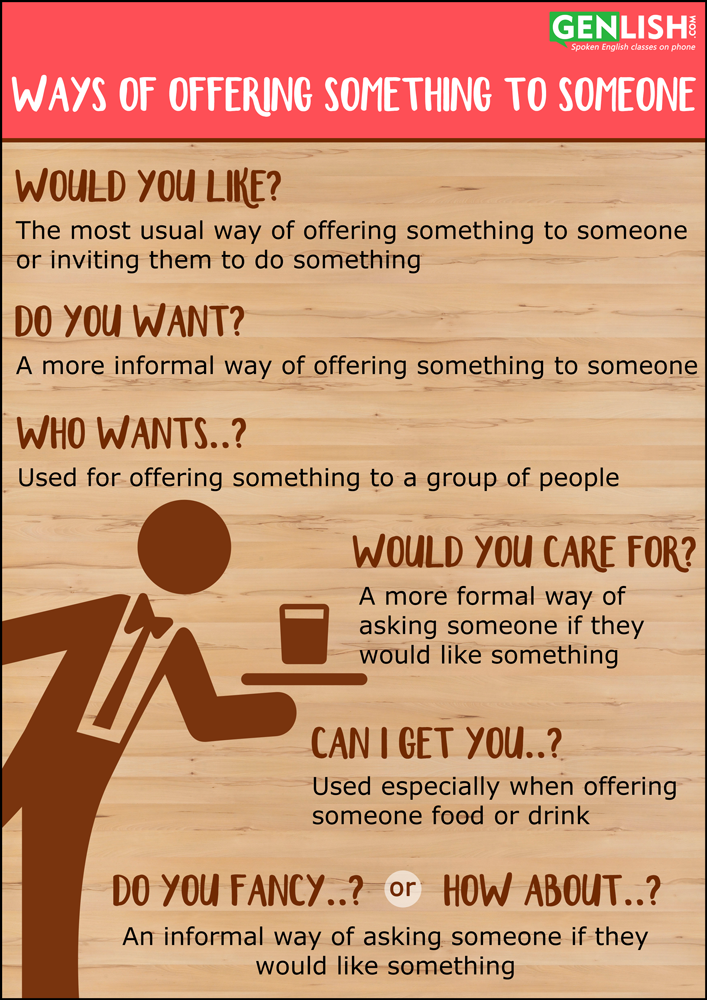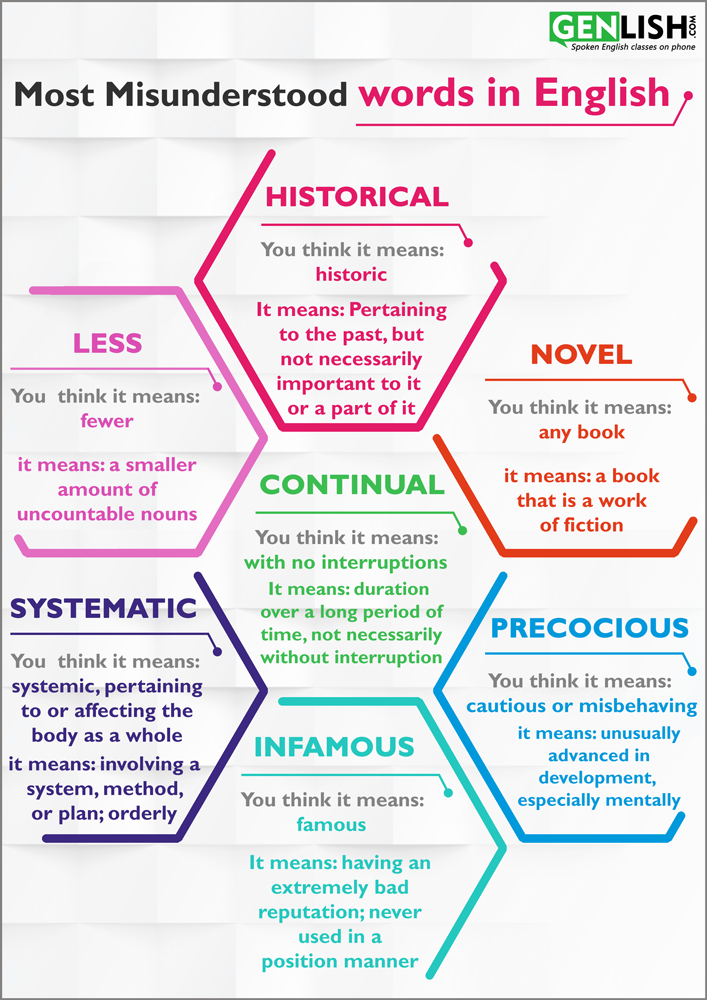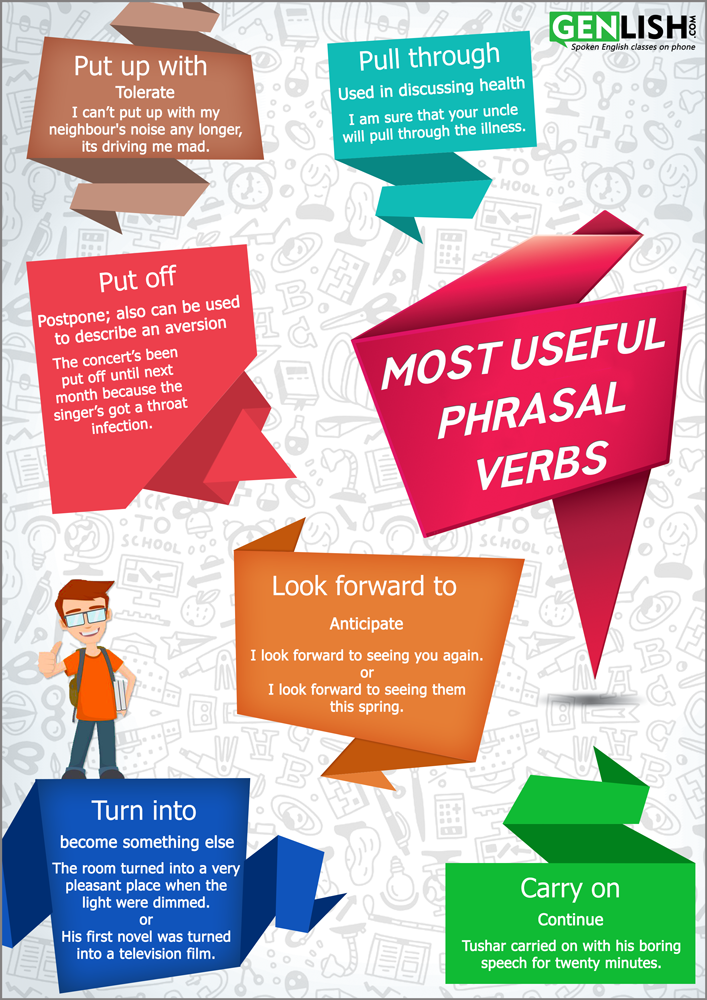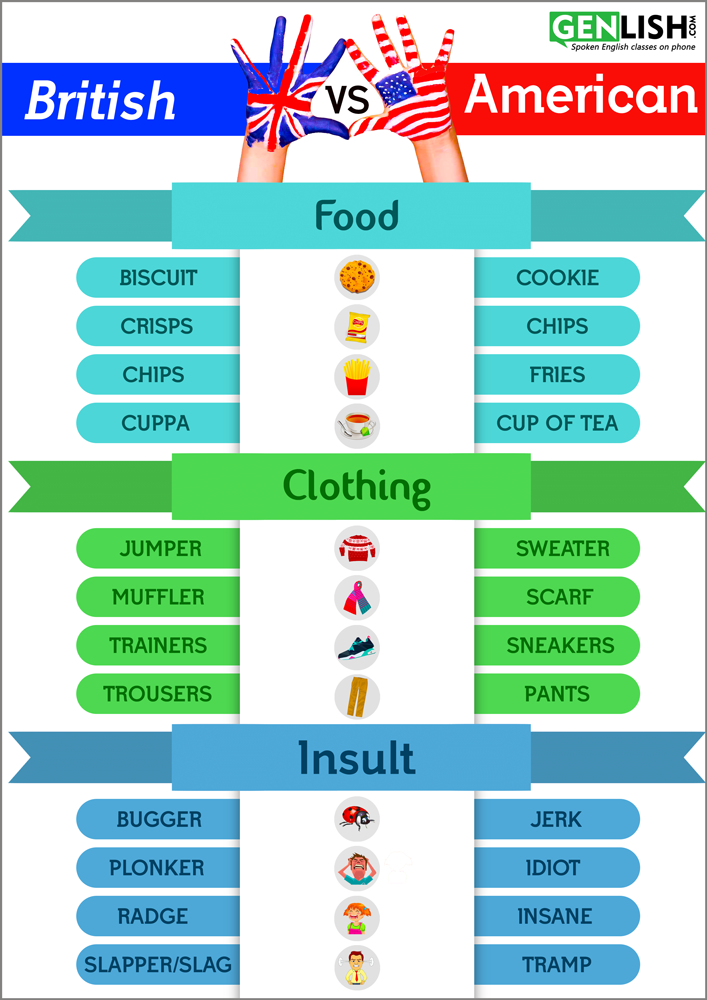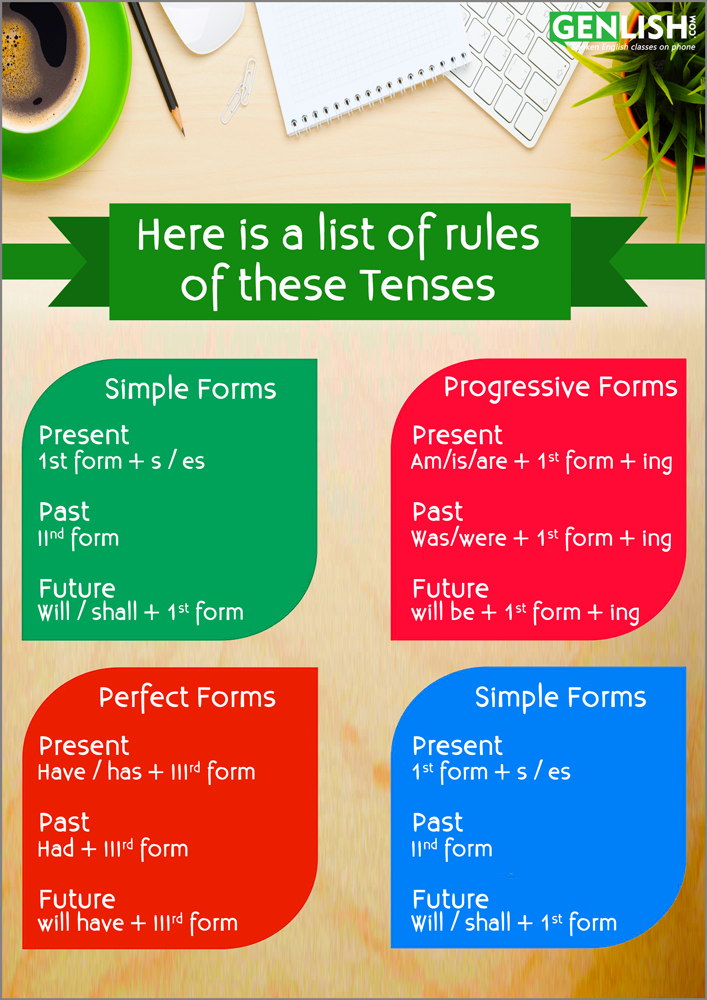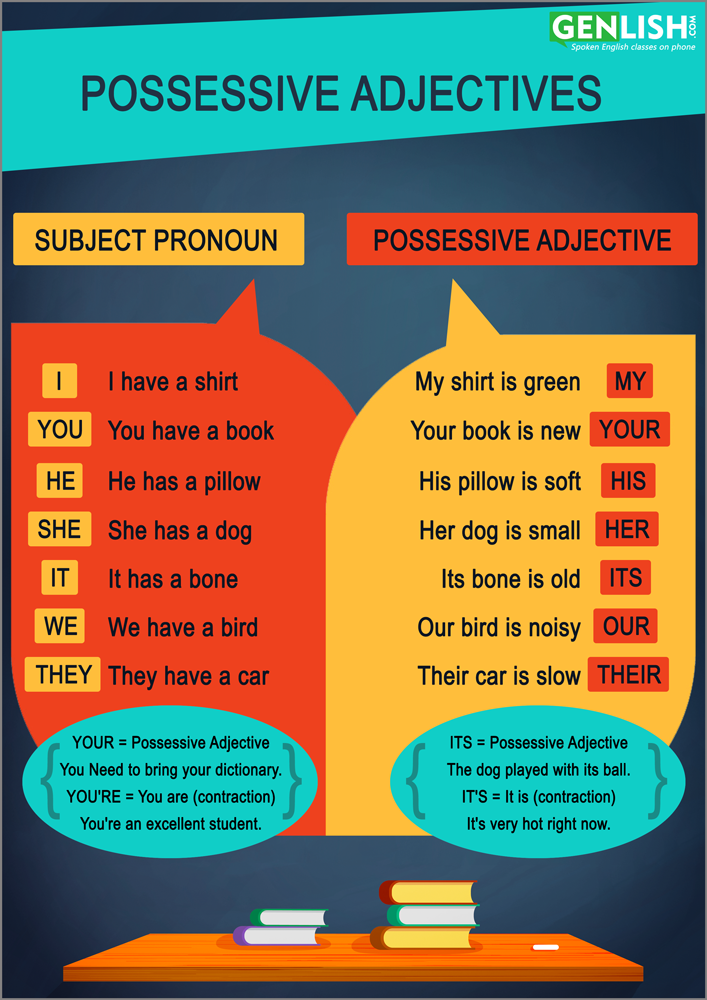Ways to start a sentence
Have you ever reviewed your writing and found that something felt repetitive, but you couldn’t quite pin down the problem? Try looking at the beginning of your sentences. If you start the same way each time, with a noun or pronoun, for instance, a certain rhythm and monotony creeps in, even if your word choices …

